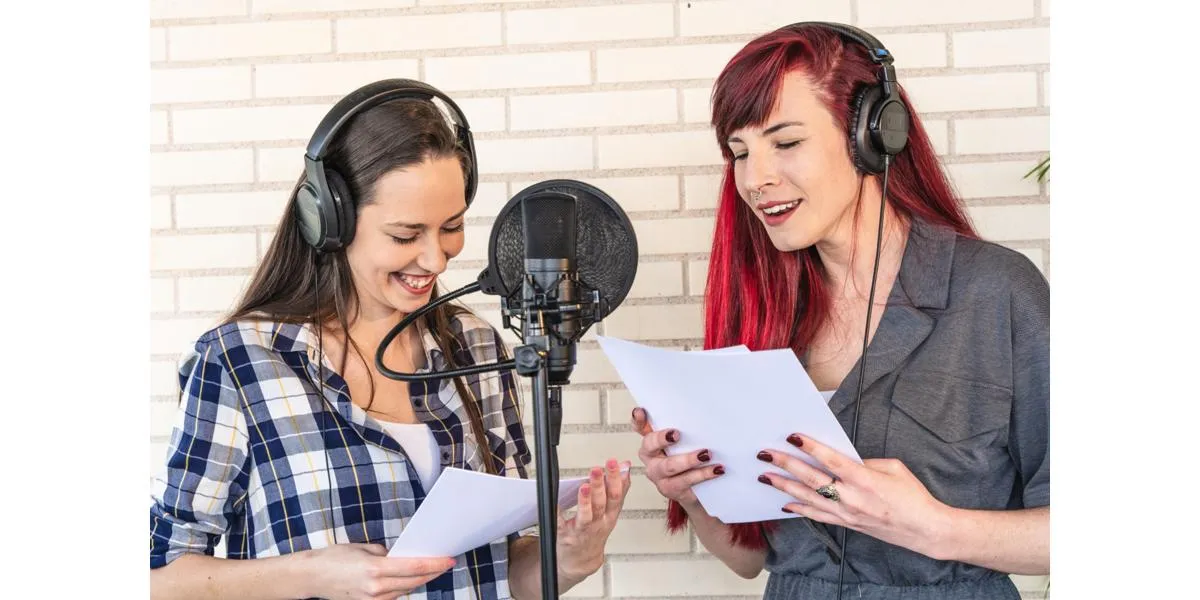In this article, we’ll uncover why your favorite characters sometimes say the weirdest things when dubbed and how a little cultural magic can fix it.
Watch Out for Idioms and Expressions
Idioms are a sneaky source of confusion in dubbing because their meaning often can’t be understood literally. For example, if a character says ‘надвор врне, мечка се жени’, a direct translation into another language might leave viewers scratching their heads. The trick is to find a local expression that carries the same feeling.
This way, the meaning and the fun behind the phrase stay intact, and the audience doesn’t feel lost or disconnected from the story.
Humor Doesn’t Always Click
Comedy is one of the trickiest parts of dubbing because jokes often rely on cultural knowledge. A punchline that makes people laugh in one country might leave viewers in another completely confused or worse, offended. The key is to adapt the humor so it makes sense for the local audience. Sometimes this means rewriting the joke entirely while keeping the spirit of the original scene, so everyone can enjoy the moment without missing the fun.
Cultural References Need a Local Twist
Sometimes, a joke or reference that is recognized in one country falls completely flat in another. For instance, imagine a character in a U.S. cartoon saying,
“This is bigger than Beyoncé’s latest concert!”
In Macedonia, that might not have the same impact. Instead, you could swap it for something locals instantly recognize, like,
“This is bigger than Blagica Pavlovska’s final note in a folk concert!”
Suddenly, the scene feels familiar, funny, and perfectly tuned to the Macedonian audience. And while someone in Serbia or Croatia might not get the Blagica reference, they could laugh if it were replaced with a local star they know — showing just how much a little cultural tweak can make dubbing feel right.
Mind Social Norms and Politeness
Words that feel casual or funny in one culture can come across very differently elsewhere. Take the friendly word “брат.” In Macedonia, people sometimes use it casually between friends, but it can feel slightly off or too informal in certain contexts. In Serbia or Croatia, “brate” works perfectly as a lighthearted, joking term.
Now imagine dubbing the same scene for a Scandinavian audience — calling a friend “bror” might sound very formal or even strange to them. These little differences show why dubbing can’t be all about translating words; we also need to understand how people actually speak, joke, and connect in each culture.
Conclusion
Dubbing is not just swapping words from one language to another, it’s giving a story a new heartbeat in a different culture. From idioms that confuse, to jokes that need a local twist, and friendly words that can sound awkward if misused, every choice matters. When done well, dubbing lets viewers laugh, cry, and connect with characters just as the original audience did.
So next time you watch a dubbed movie or show, remember: behind every line is a careful dance of language, culture, and creativity making sure the story feels at home, no matter where you are.




